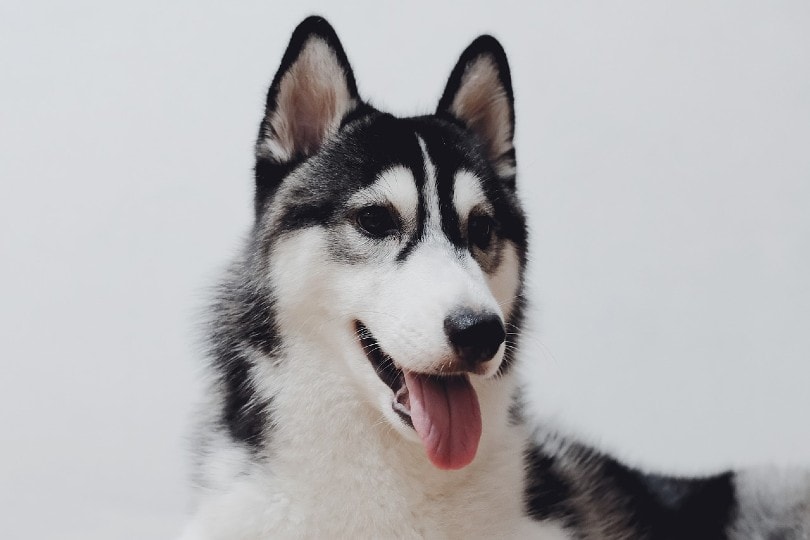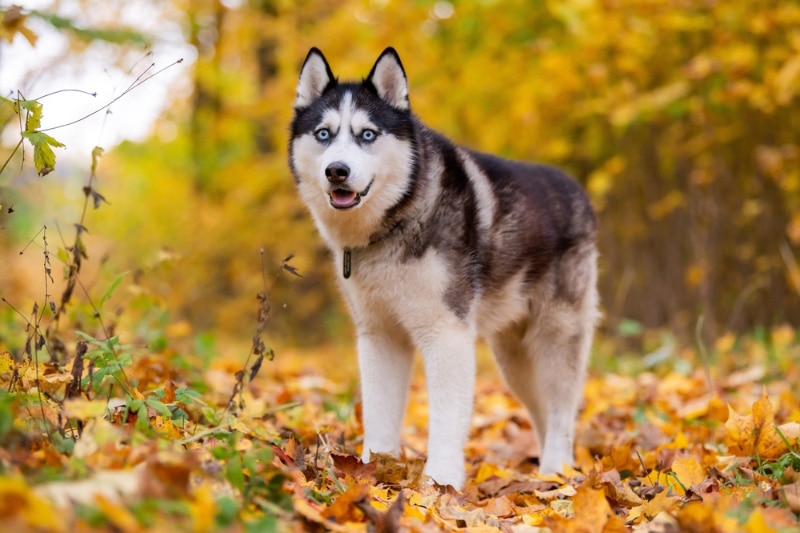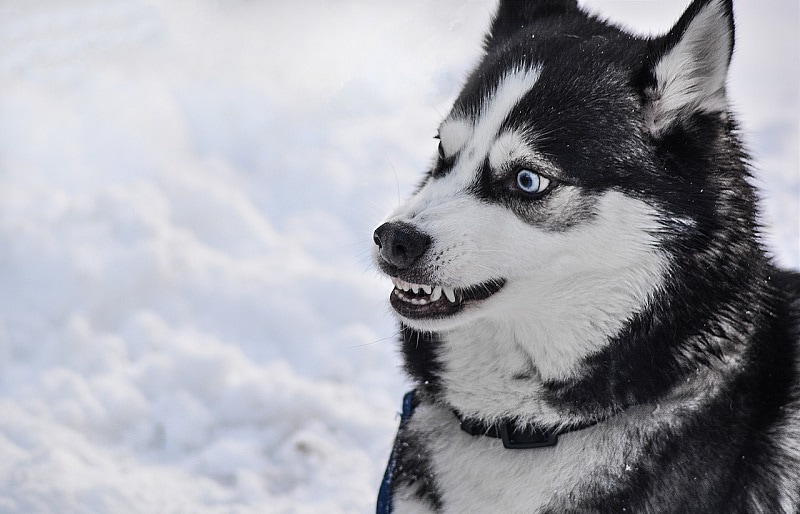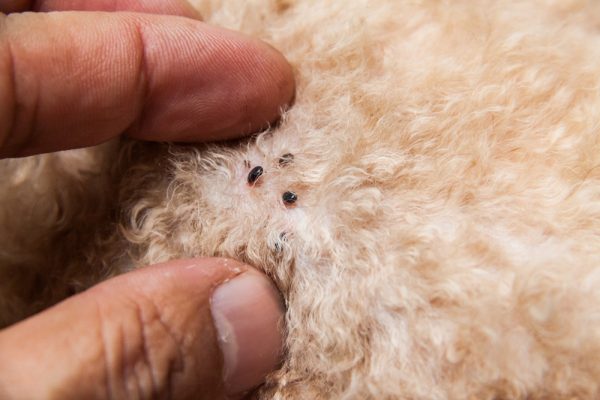According to the AVMA, more than 4.5 million people are bitten by a dog annually in the U.S., and around one in five bite victims need medical attention for their injuries.1 Concern about attacks is one of the reasons that some people are hesitant to bring certain breeds into their homes, but the truth is that any dog has the potential to be dangerous.
Regarding Huskies specifically, they are only dangerous if they’ve been raised to be aggressive or have been poorly socialized and trained. The same goes for any other breed. Let’s look closely at what the official data shows about Huskies in terms of dog attacks.

What Does the Data Say?
According to the CDC, between the years of 1979 and 1998 (19 years), purebred Husky-type dogs were involved in 15 cases of fatal dog attacks.2 Crossbreed Husky-type dogs were involved in six cases, bringing the total to 21. The total number of deaths of all the known breeds (the study also included Pit Bull types, Rottweilers, German Shepherds, and Malamutes, among others) was 238 over this 19-year period.
Even the Great Dane and Saint Bernard—two breeds known for how gentle they are—were each linked to seven fatal dog bites over the 19-year period, which confirms what the AVMA says: that dog bites are not breed specific. Rather, it comes down to the individual dog’s behavior and history.

Nevertheless, if you’re curious to know what breeds bite the most according to studies, the order is as follows:3
- Unknown
- Pit Bull
- Mixed breed
- German Shepherd
- Terrier
- Rottweiler
Does a Dog’s Breed Make Them Dangerous?
No, a dog’s “dangerousness” can’t be determined by what breed they are. As the AVMA states, the CDC data should not be taken to mean that the breeds that top the list, including Pit Bull-types and Rottweilers, are any more dangerous than any other breed, as the exact numbers of each breed currently living in the U.S. are unknown.
The AVMA also points out that the number of dogs of breeds linked to fatal attacks varies over time, so the data does not suggest and should not be used to suggest that any breed is inherently dangerous. Furthermore, any dog has the potential to attack, including usually affectionate dogs, if they’re provoked.
What Causes Dogs to Attack?
Dogs that bite typically do so when they’re frightened, unwell, or protecting their territory or an object or are provoked in some way. Irresponsible ownership is one of the major reasons behind aggressiveness in dogs.
If a dog is not socialized with people and/or is encouraged to be aggressive—for example, if the owner allows the dog to bite when engaging in rough play or uses the dog to intimidate others—this can have serious consequences for the attack victim and the dog.
It’s also important to teach children how to interact with dogs safely and sensibly, whether that dog is a Pit Bull or a Golden Retriever, especially since children are the most common dog bite victims.

What Are Huskies’ Personalities Like?
Well-socialized Huskies are a real joy to be around. They’re typically extroverted, sociable, and loving and have a real sense of fun. They often get along well with children and other dogs and are friendly with strangers.
This stems from their natural need to spend socializing with other dogs and people; they’re not usually the kinds of dogs that do well being left alone for more than a few hours. For this reason, they may be best suited to people who work from home or spend at least some of the day in the house. If you work long hours and there will be nobody to check in with your Husky, this isn’t the breed for you.

Summing Up
To recap, Huskies are not typically dangerous as long as they’ve been properly socialized and are not mistreated or encouraged to be aggressive, though this goes for all breeds, big and small. On the contrary, Huskies are often loving, loyal, and goofy companions that never fail to put a smile on their humans’ faces.
It’s also important to bear in mind that Huskies are large and powerful dogs, so if they’re not socialized or taught good manners, they can become quite a handful even if they don’t behave aggressively. This is why socialization and setting boundaries for your Husky from as early as possible is crucial to ensuring that they become a model canine citizen.
See also:
Featured Image Credit: Monicore, Pixabay























